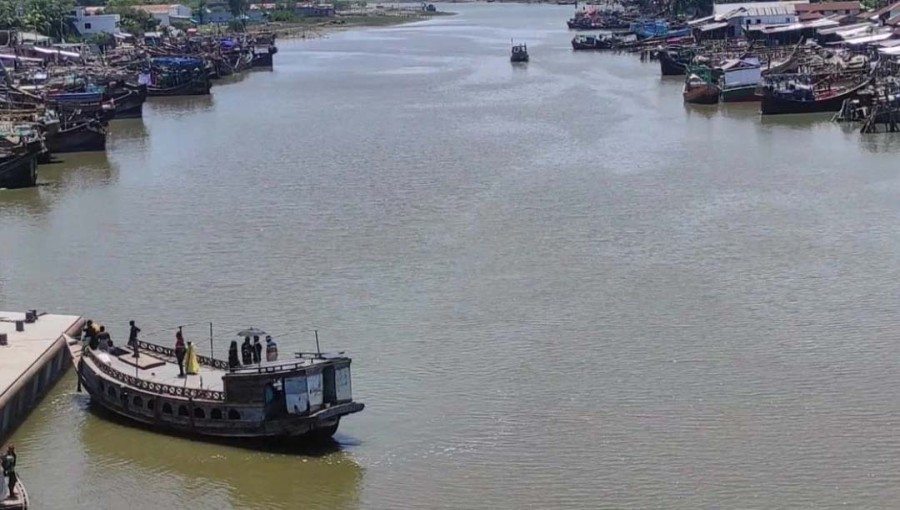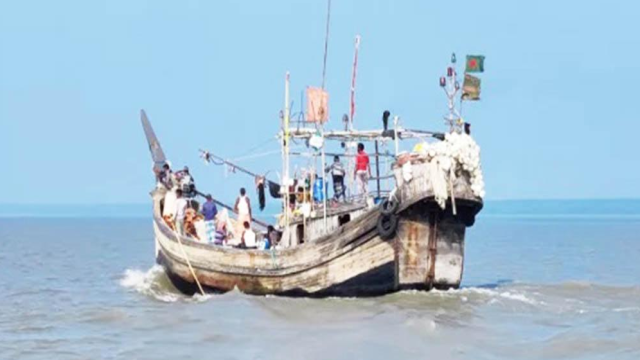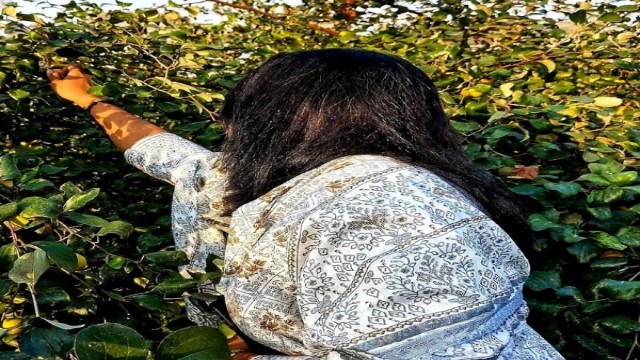A significant 80% of workers on inland waterway vessels across Bangladesh suffer from various complex intestinal diseases and skin infections due to the use of untreated water, according to a report by the Shipping and Communication Reporters Forum (SCRF). The findings were disclosed in a media release on Thursday.
SCRF recommends mandating the installation of water treatment facilities on all public and private vessels transporting passengers and goods to safeguard workers' health.
The report, which is based on a year-long survey and research, involved interviews with over 100 workers from 10 types of vessels, including passenger launches, cargo vessels, excavators, dredgers, barges, and houseboats, as well as consultations with specialist physicians.
According to SCRF, approximately one-fifth of Bangladesh is coastal, and the rivers in these areas are highly saline year-round. Additionally, nearly all rivers in the country are severely polluted. Workers, who remain on these vessels for extended periods, have no access to treated water and are compelled to use the polluted river water.
This forced reliance on untreated river water exposes the low-paid workers to serious health risks. The SCRF report, citing doctors, warns that long-term use of saline and polluted river water can result in numerous skin diseases, including skin cancer, and a range of complex intestinal disorders such as liver cirrhosis, bacillary dysentery, stomach ulcers, and chronic diarrhea.































Comment: